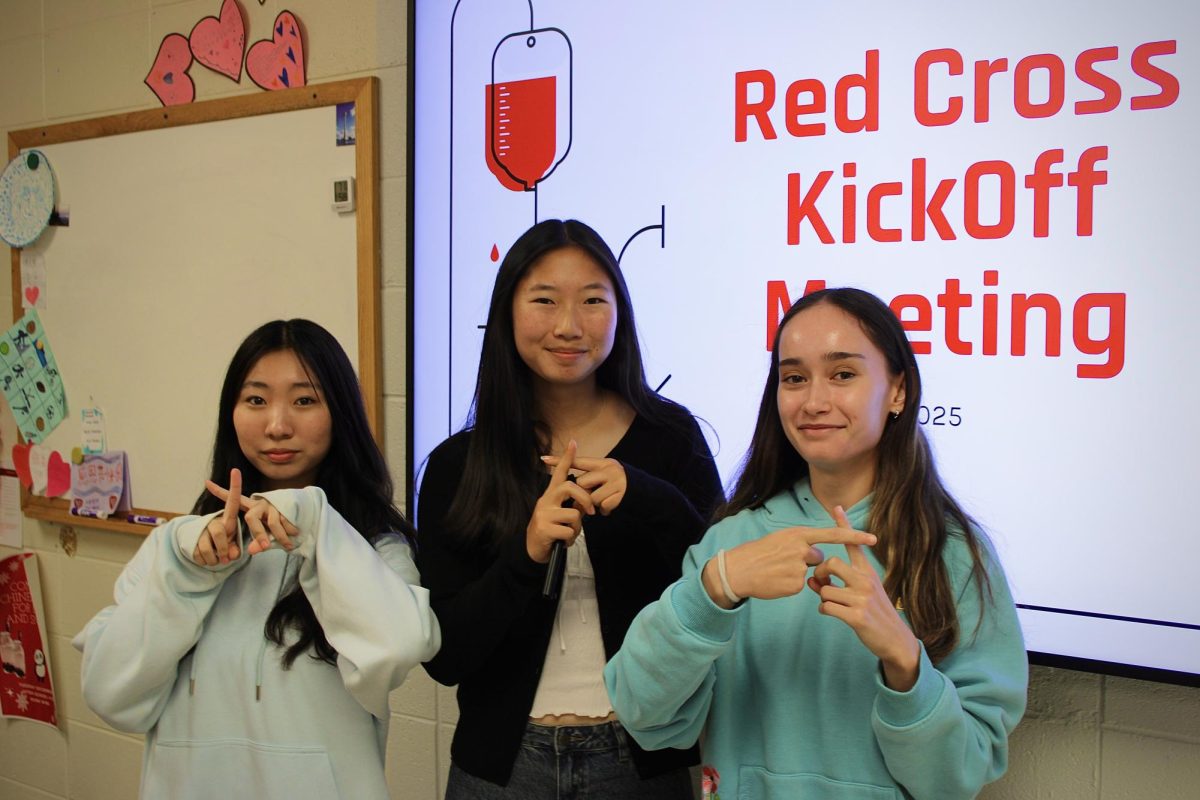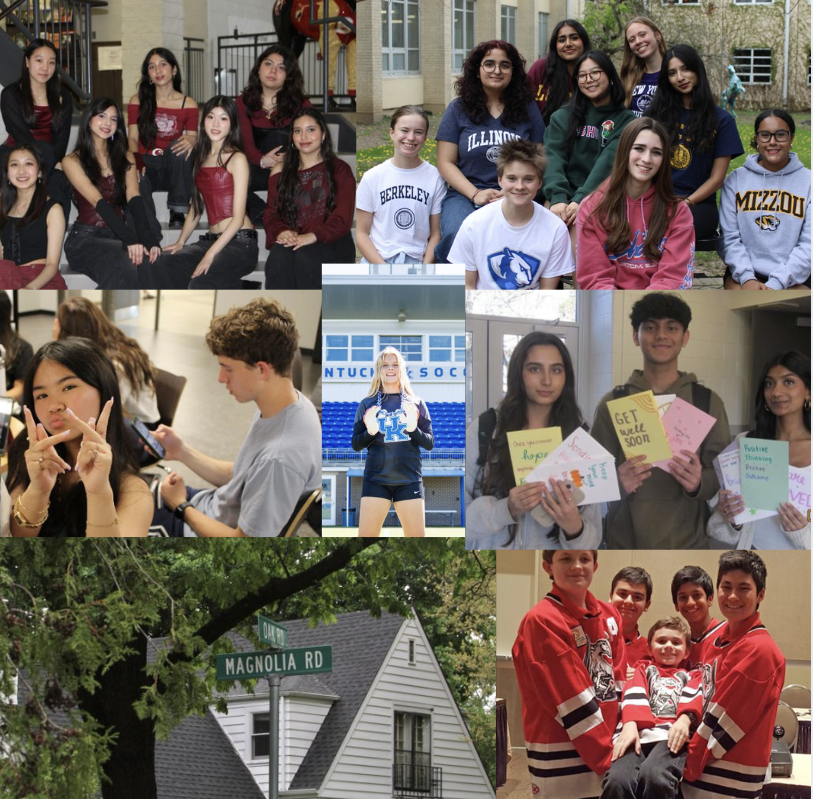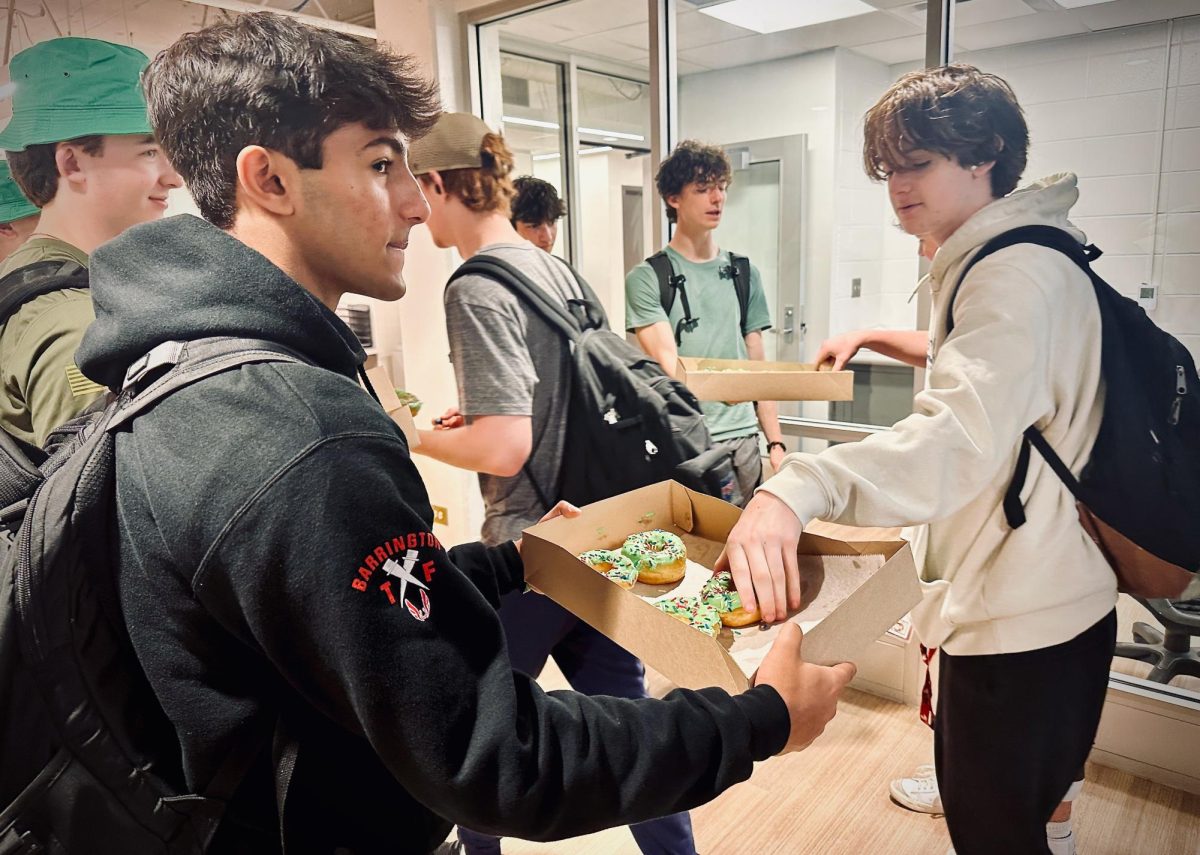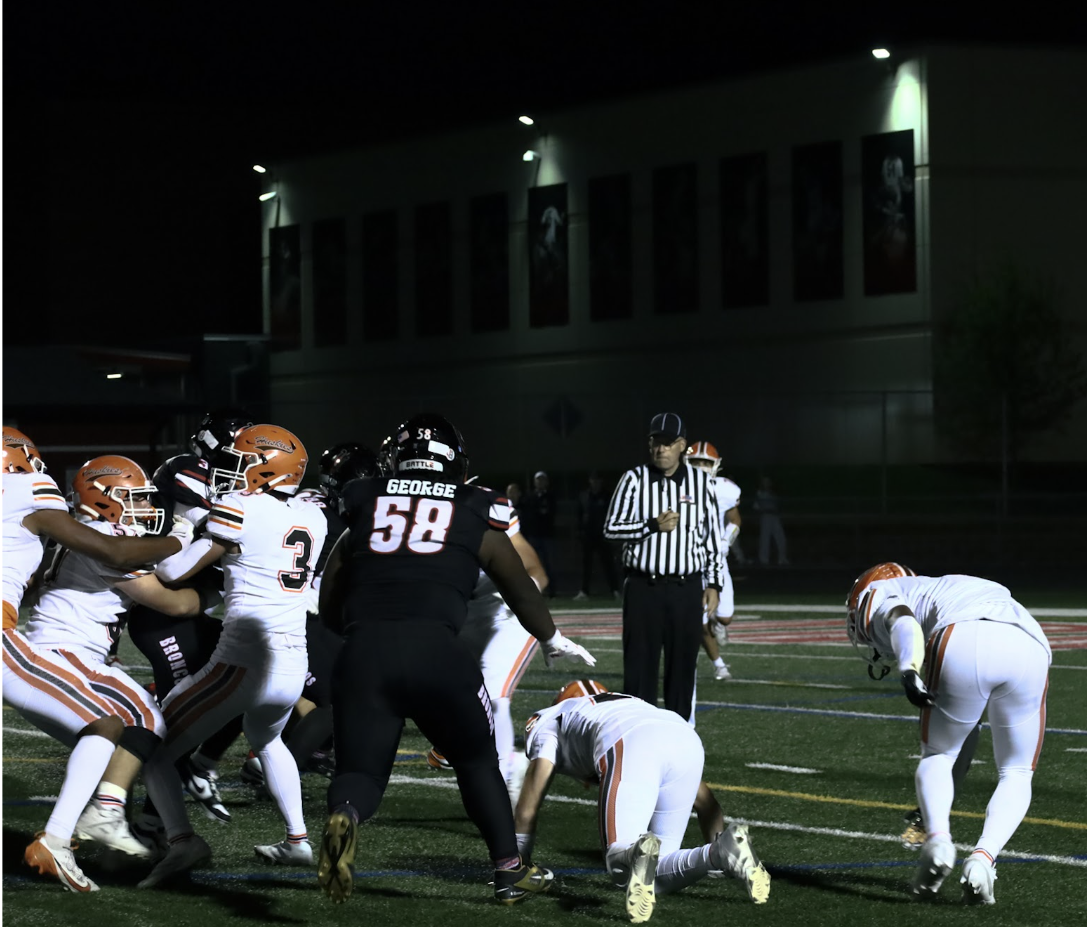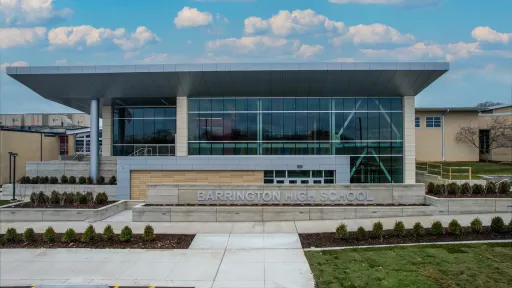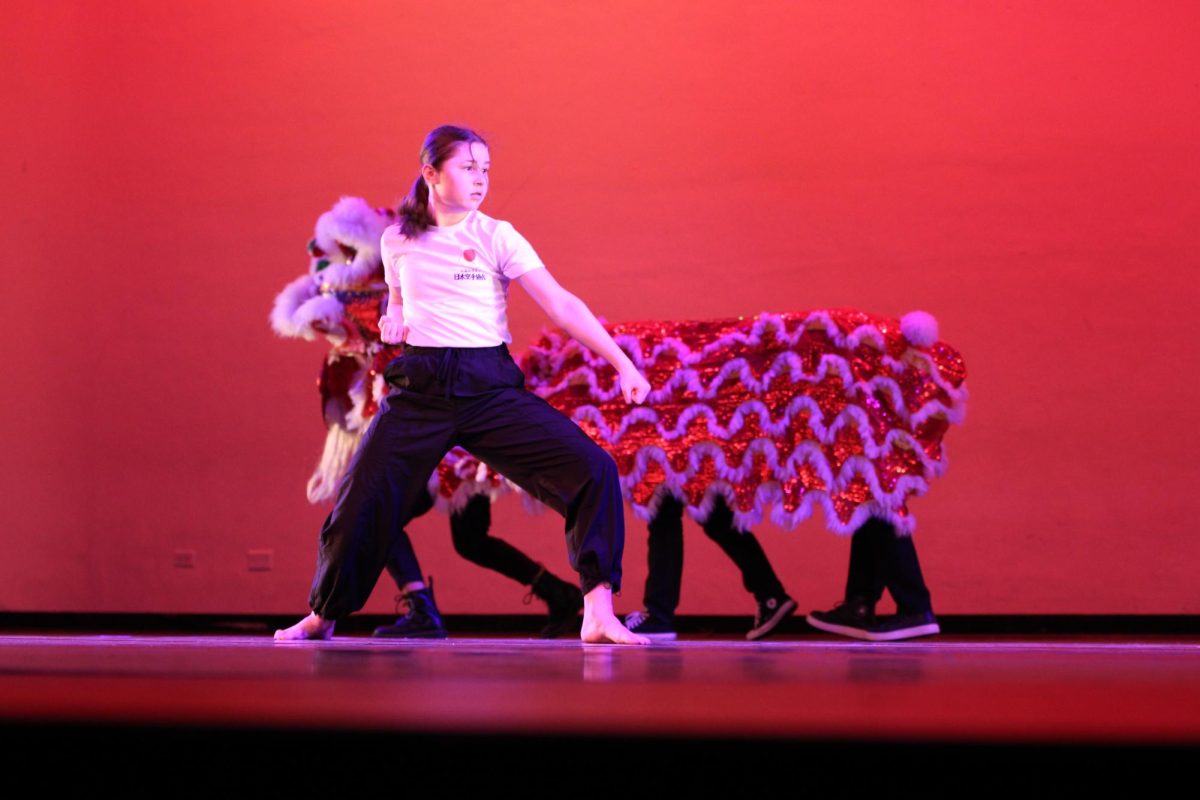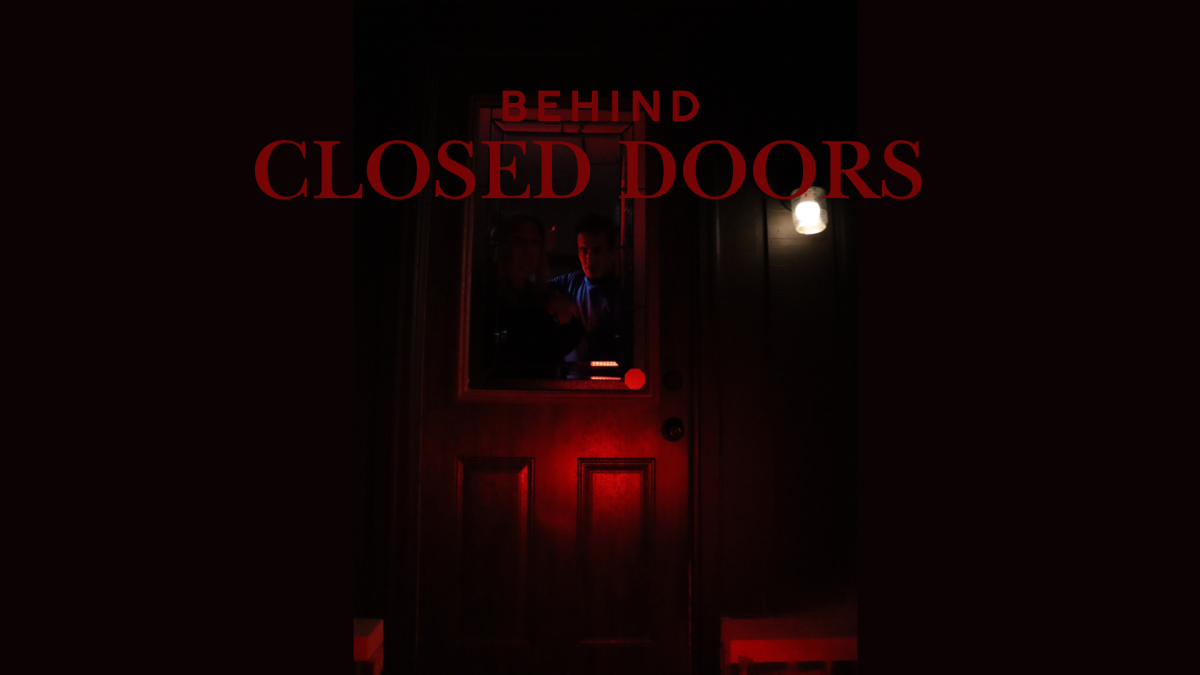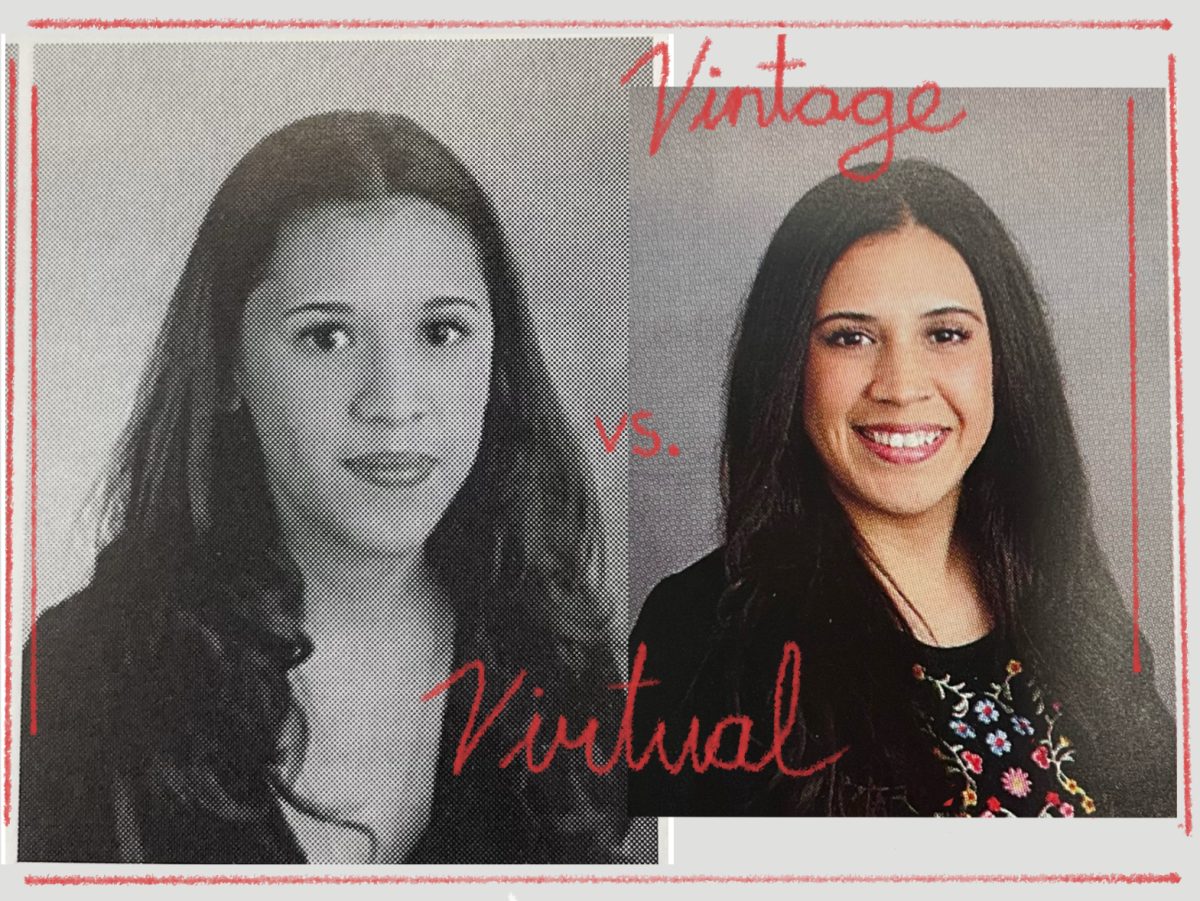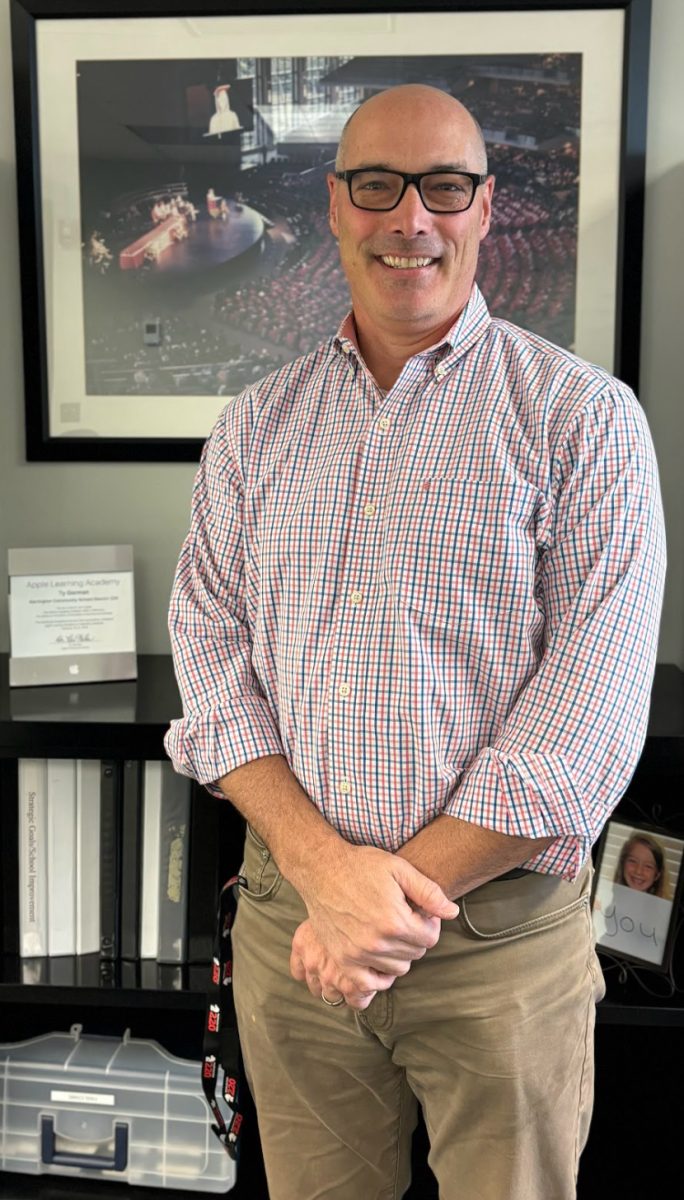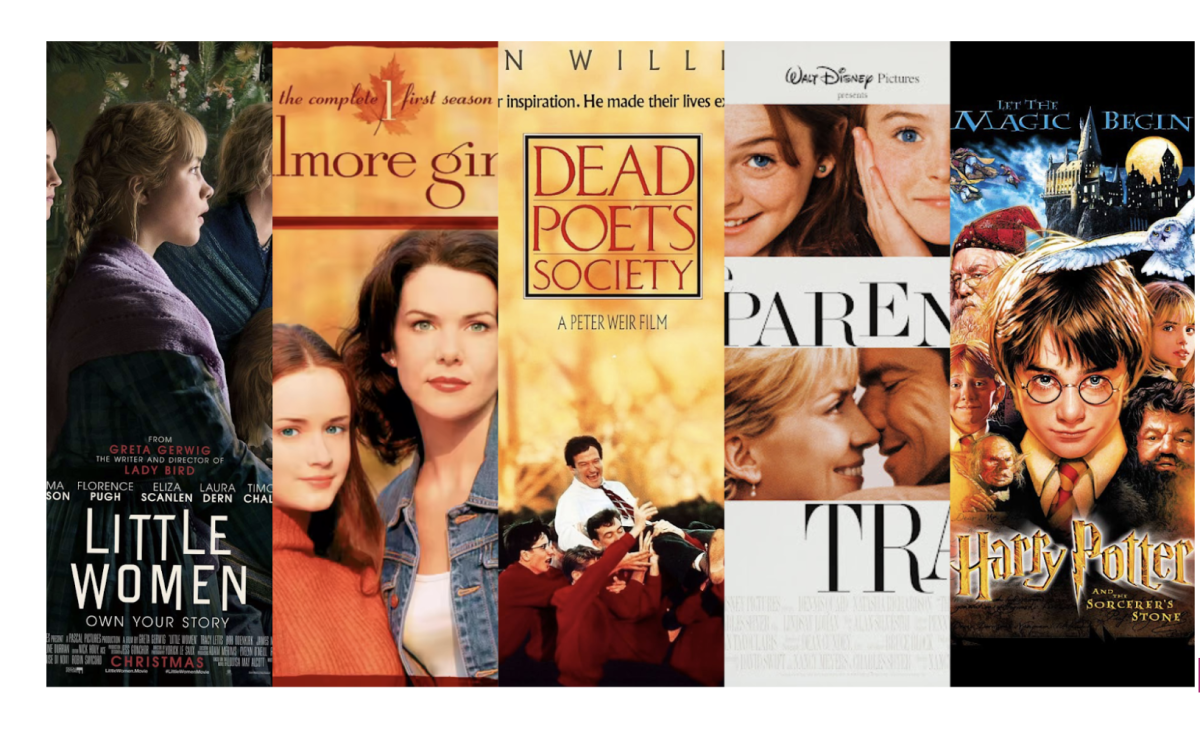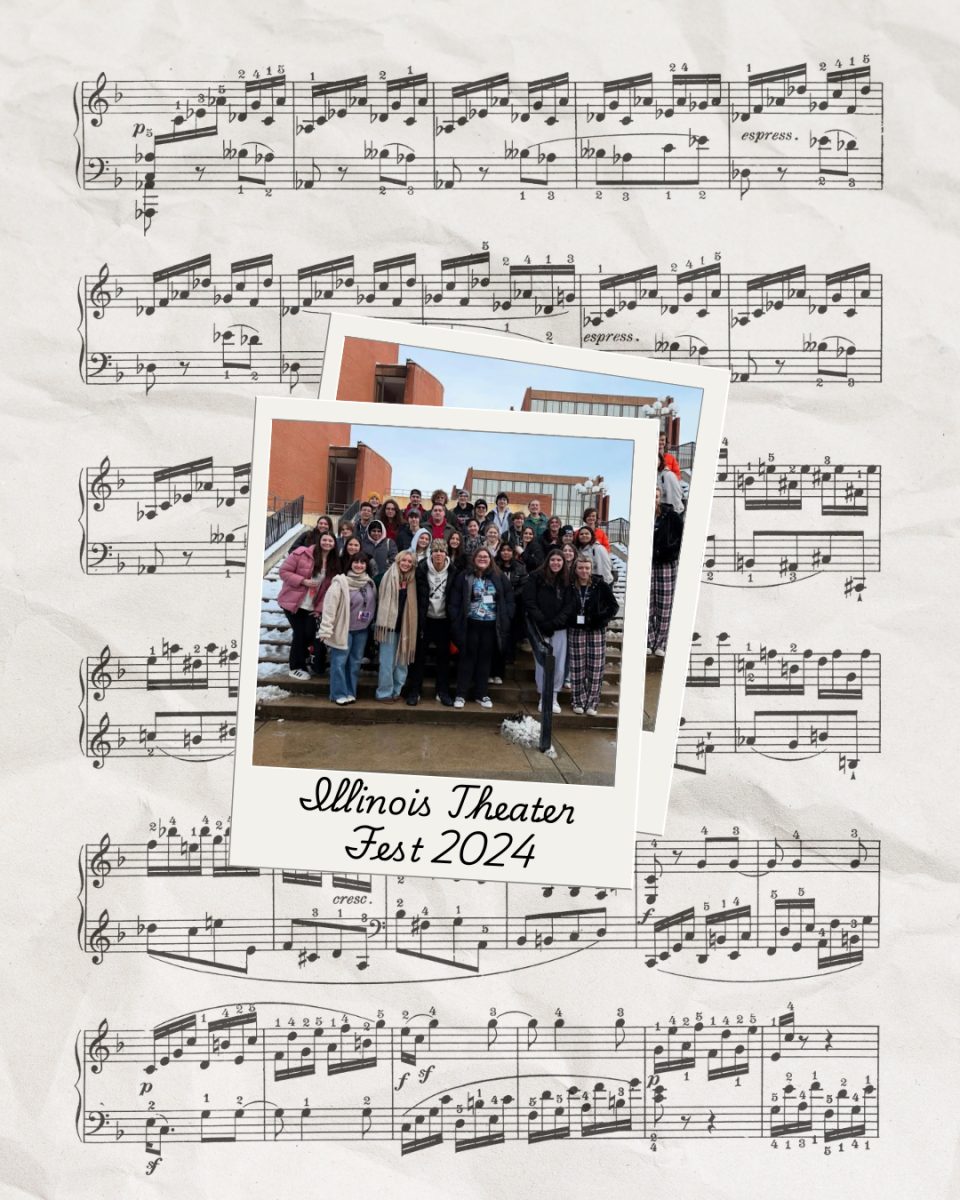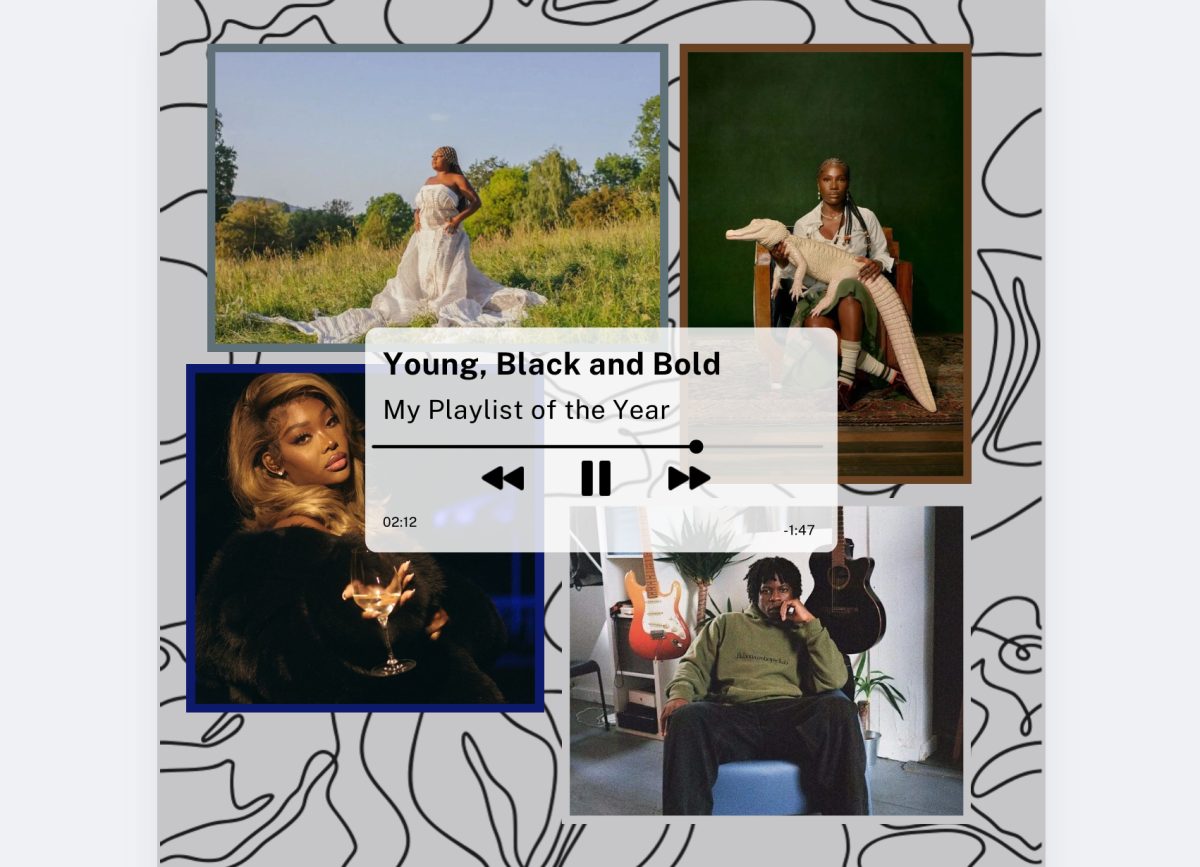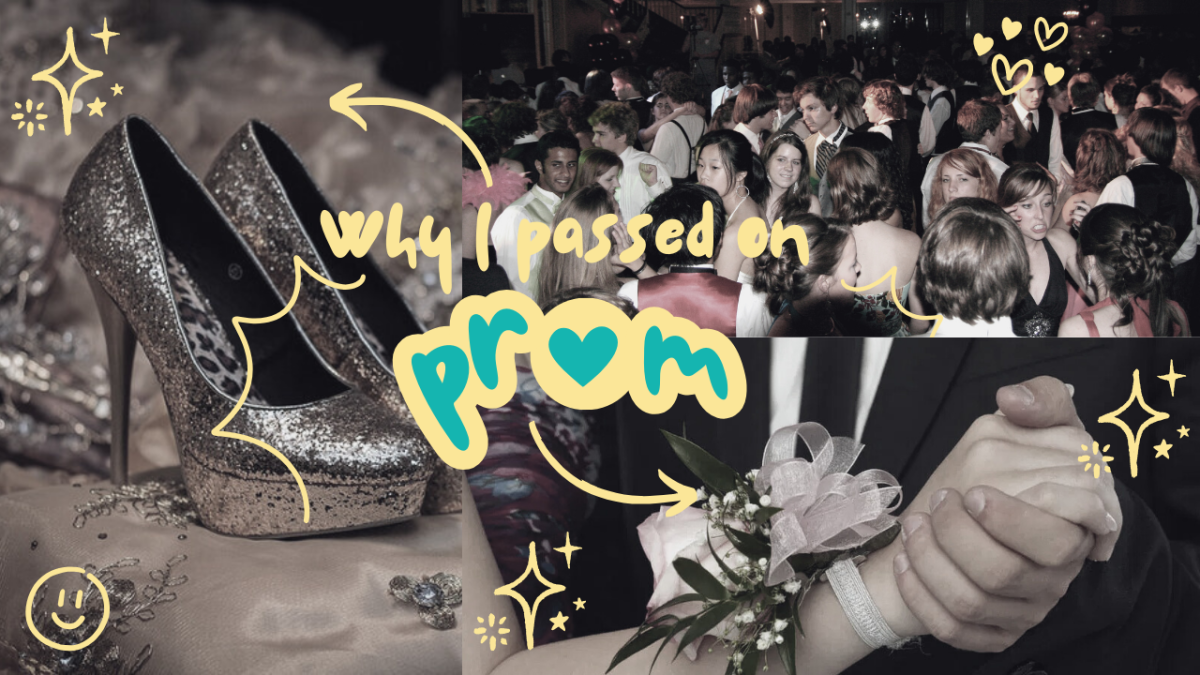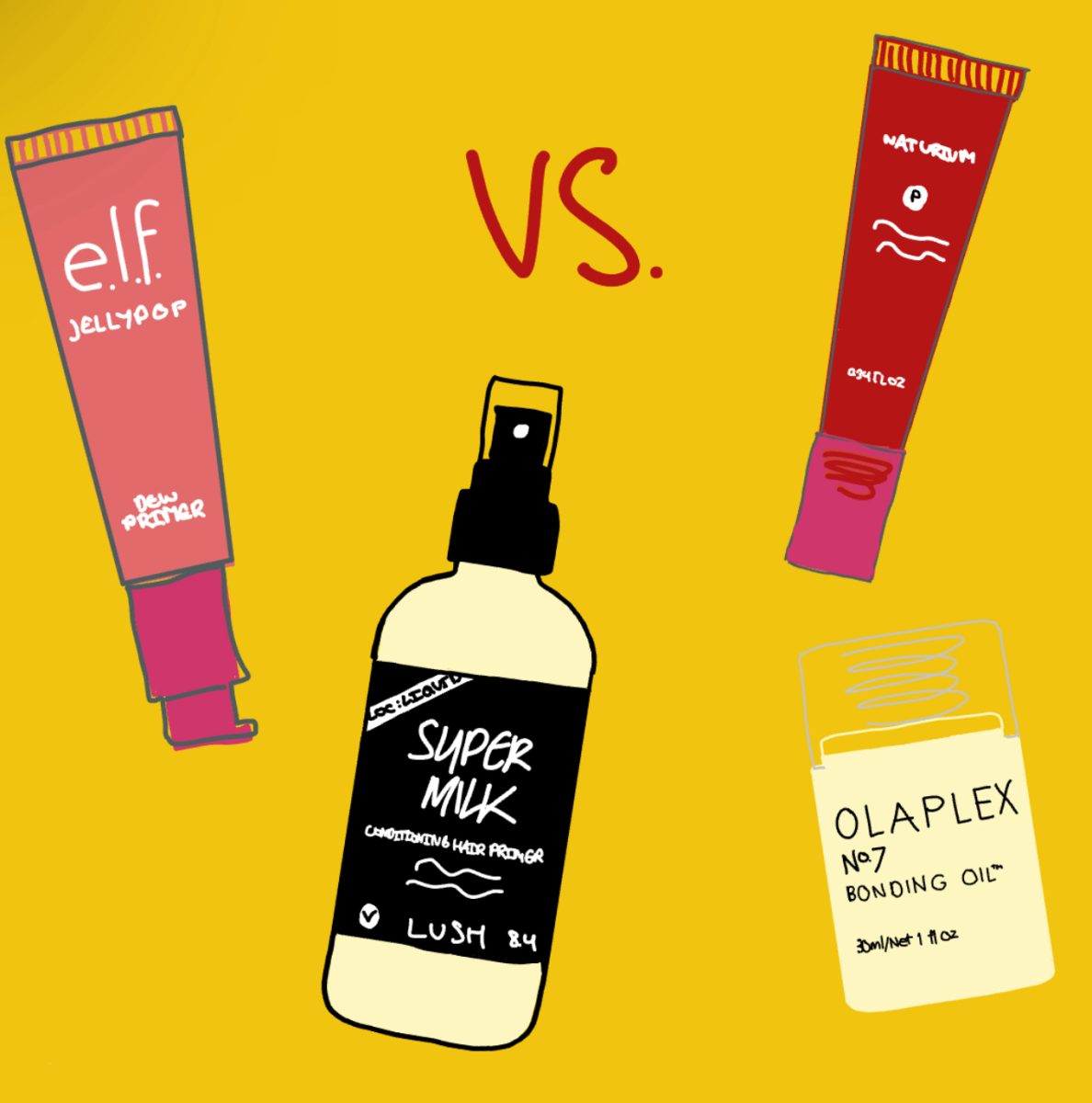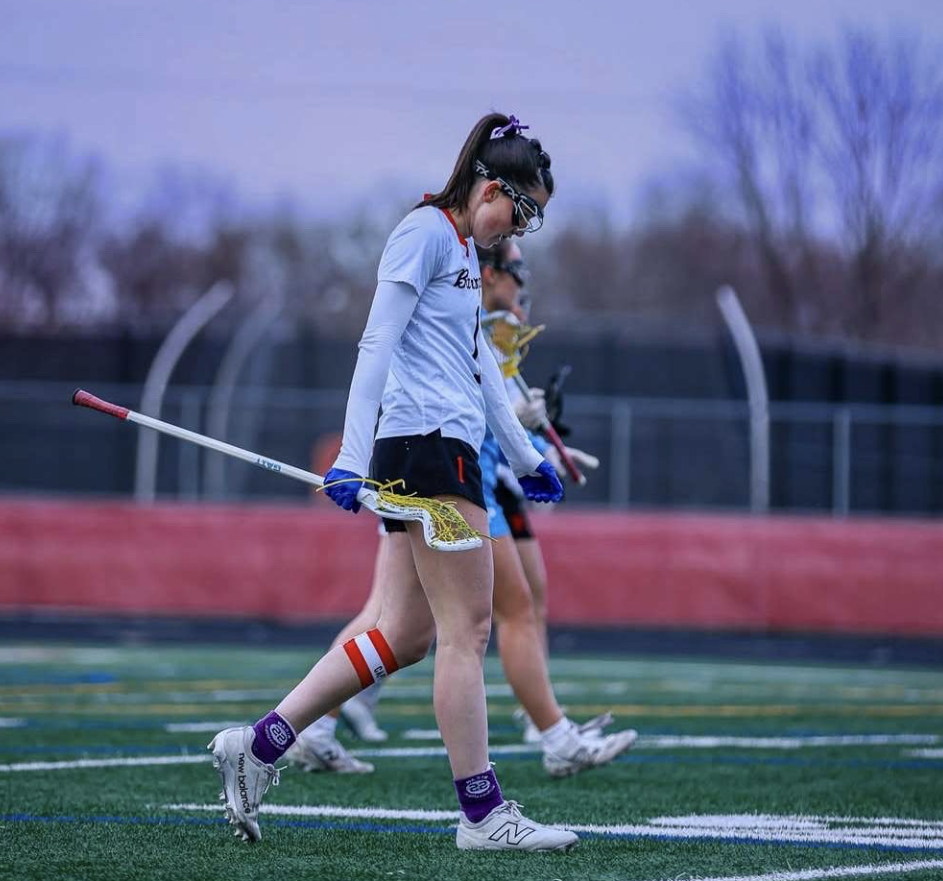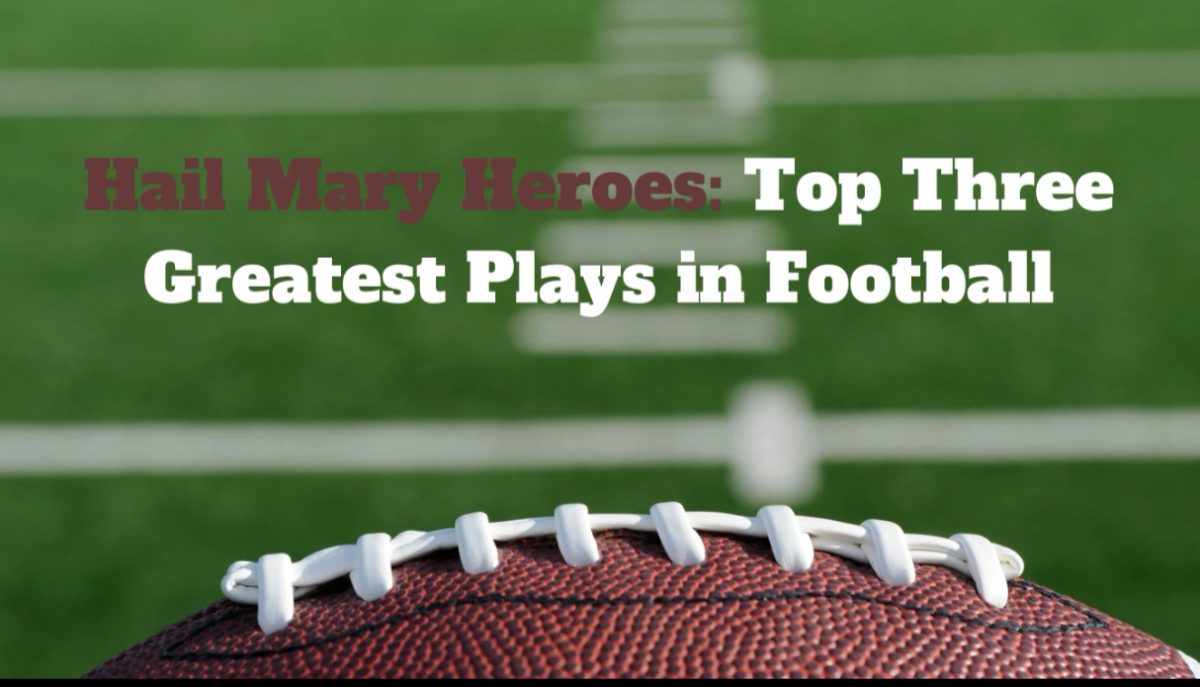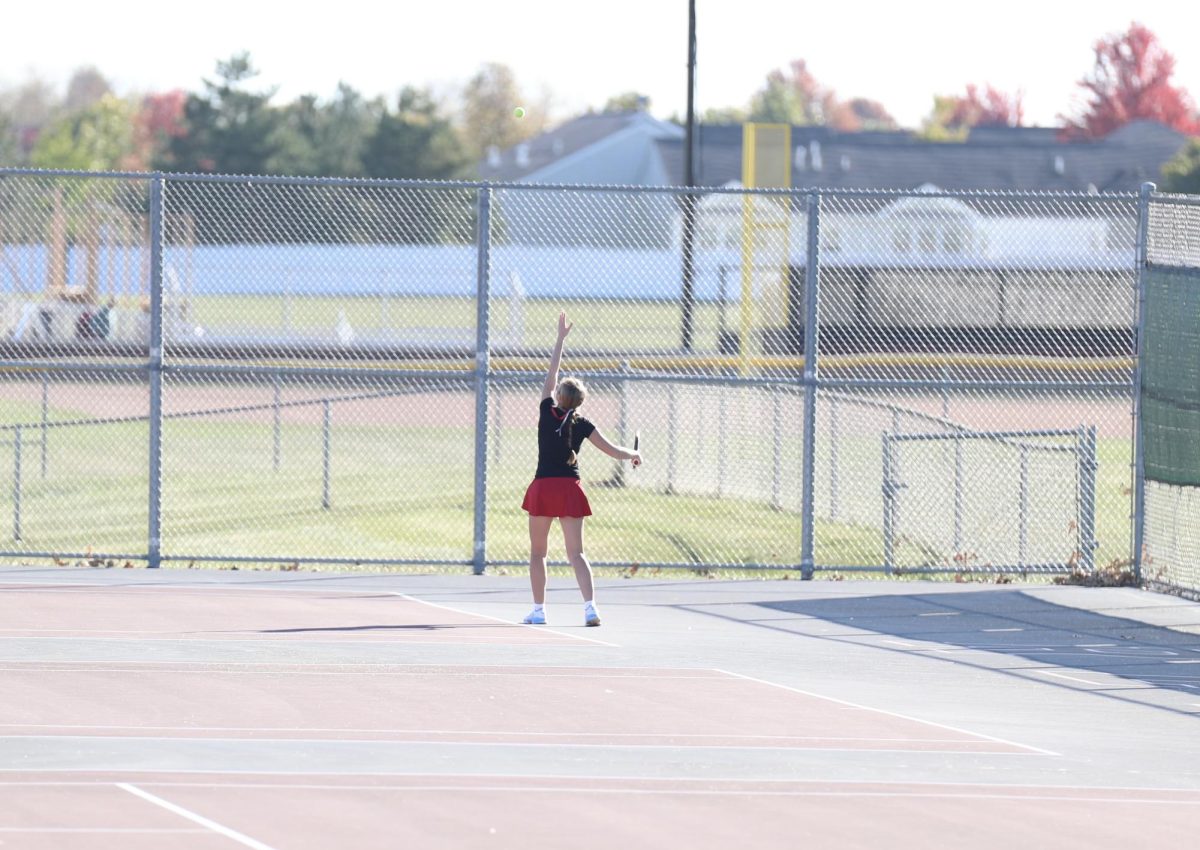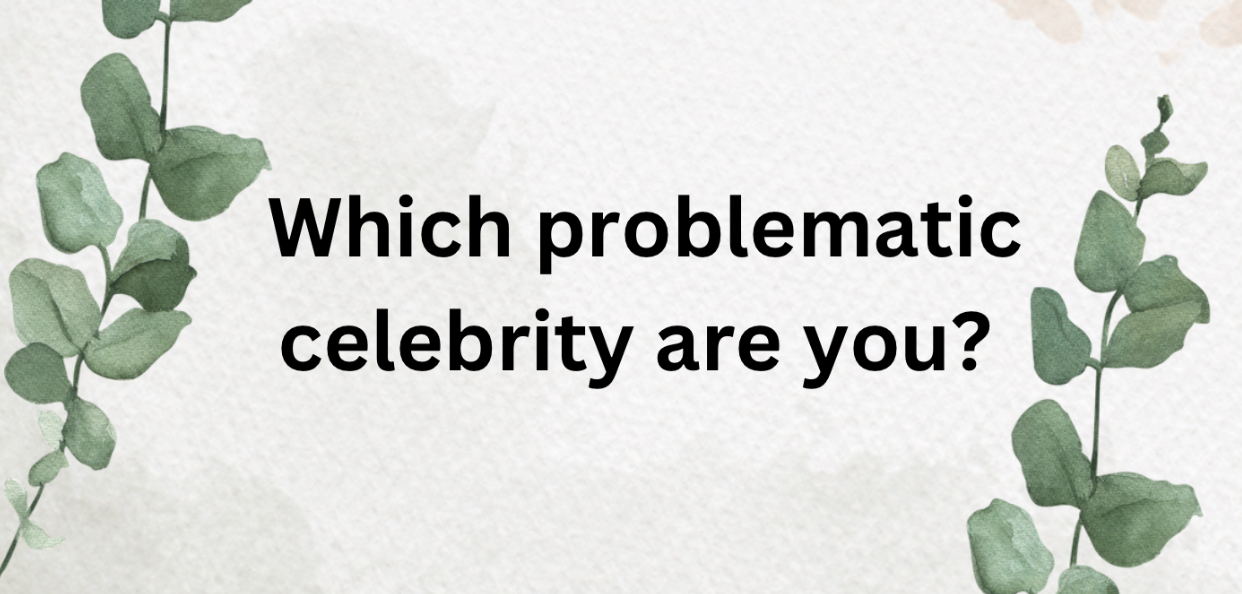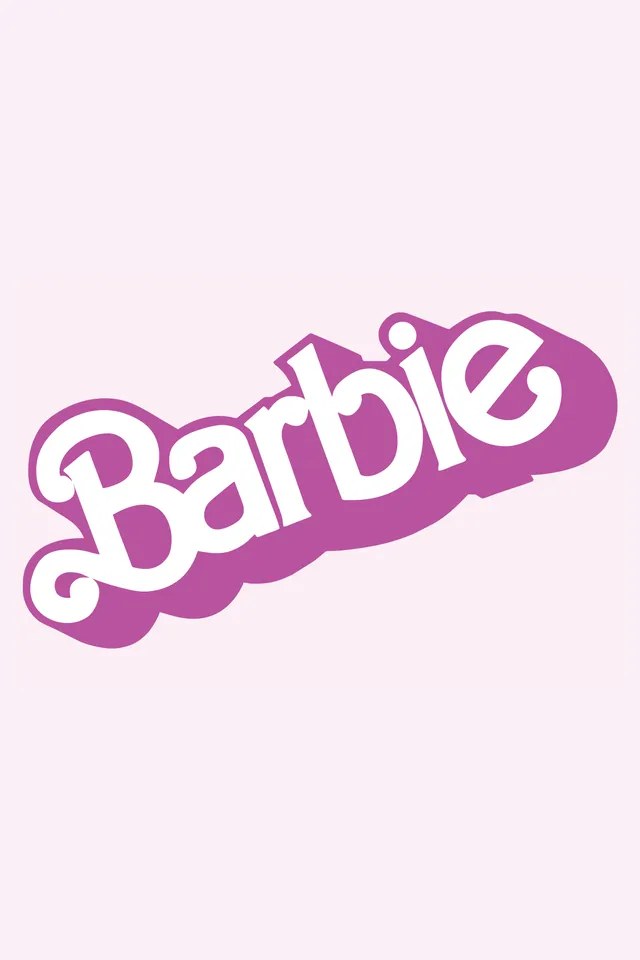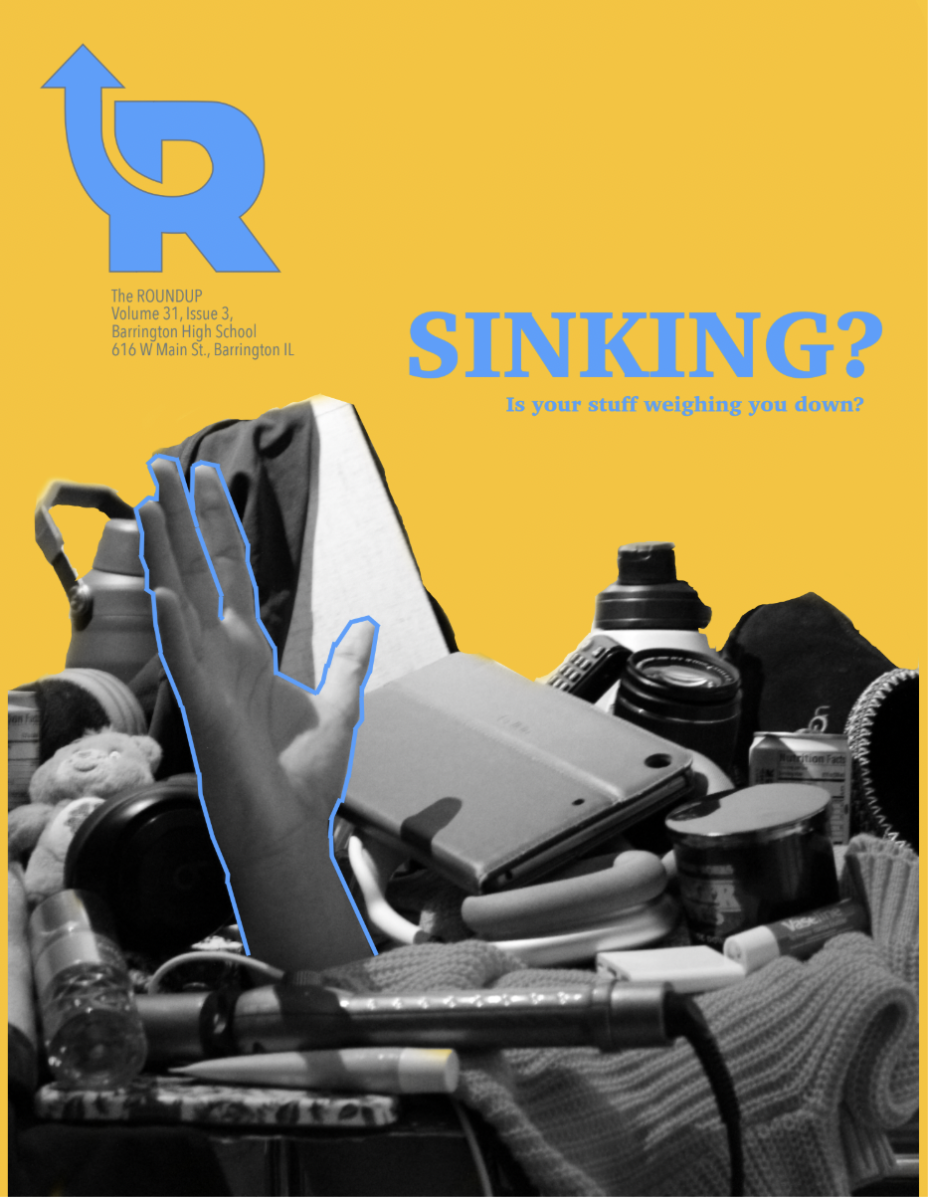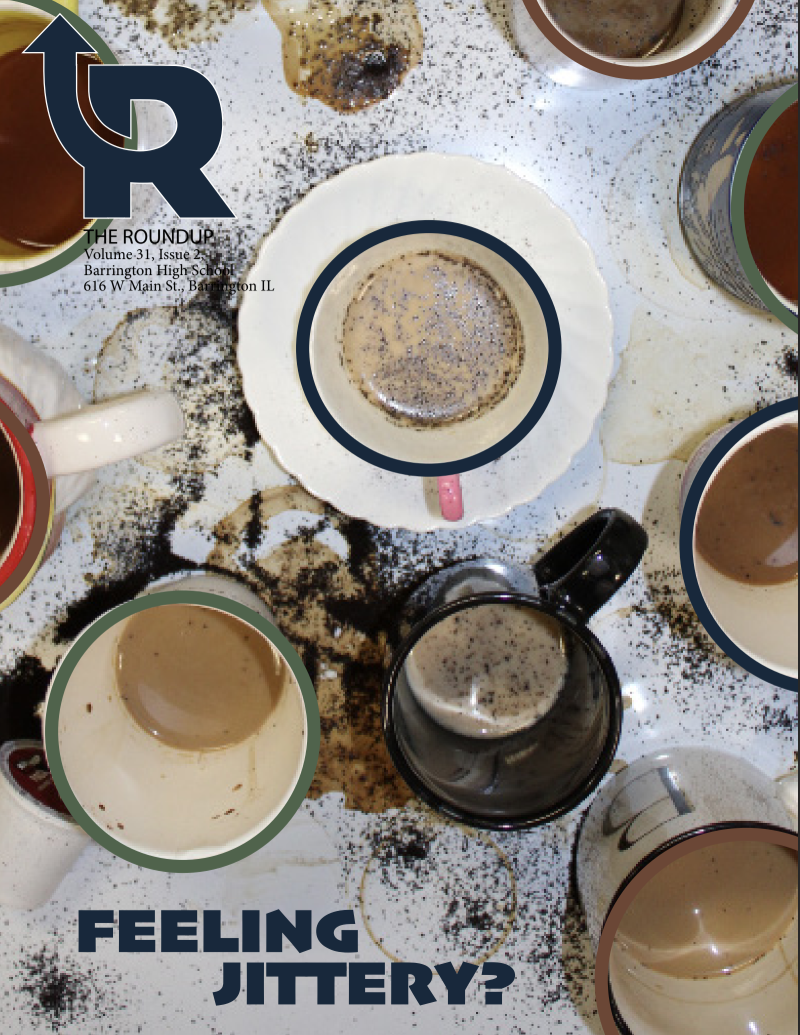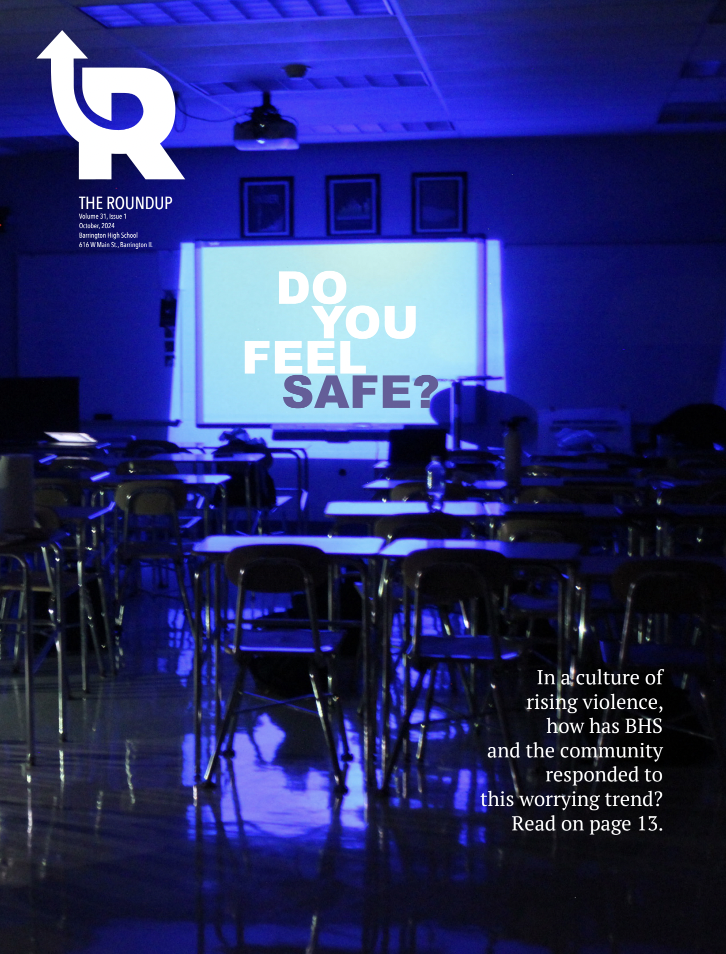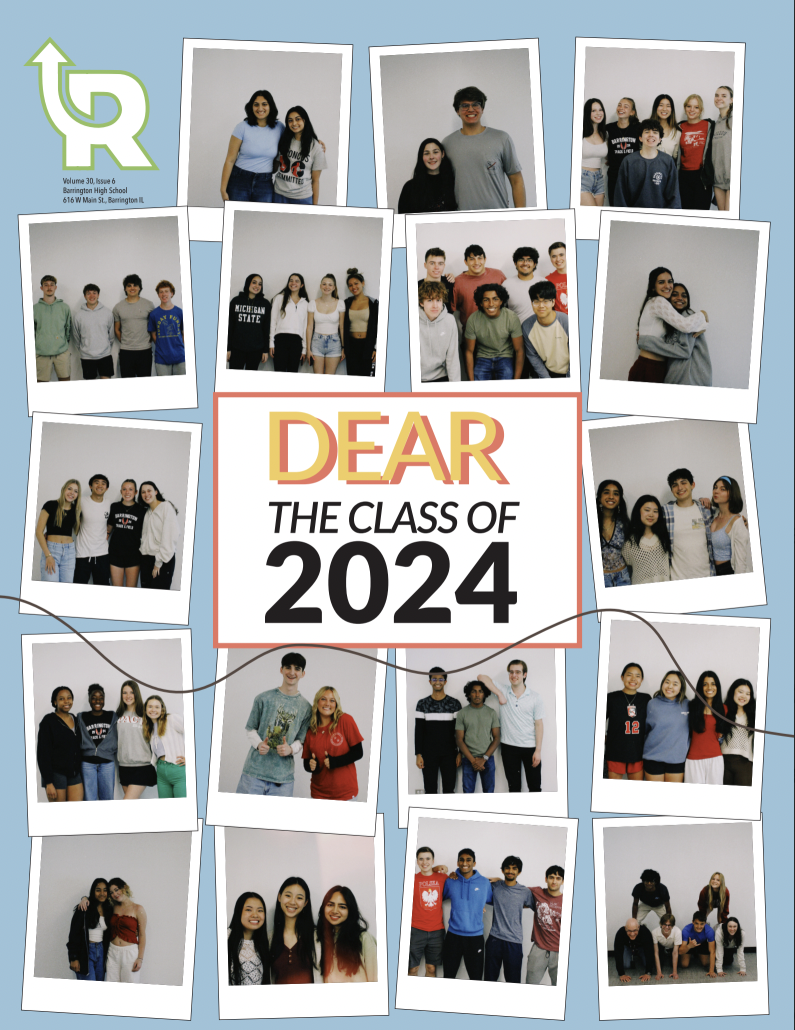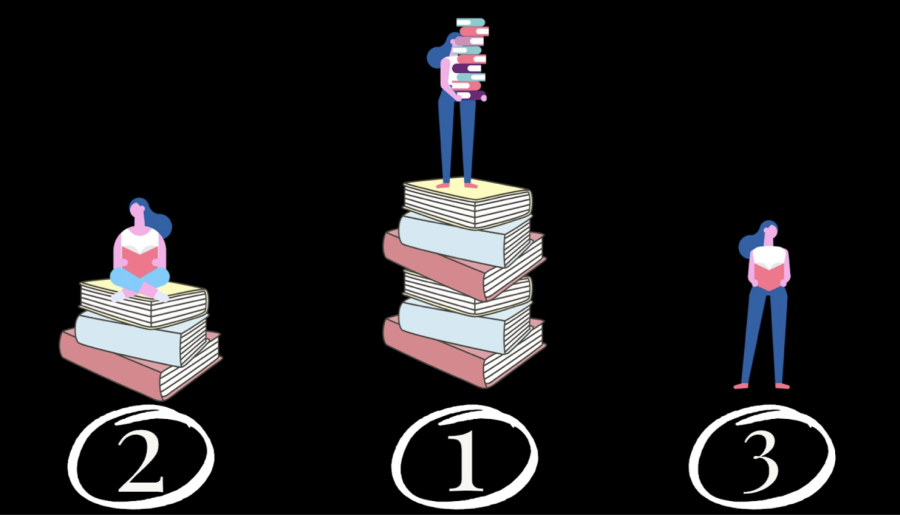(Un)natural selection: Why we need to refocus our class selection priorities
Dear students of BHS,
Imagine, for a moment, that you are going through the class selection process you’re almost certainly familiar with. Maybe you have your heart set on your classes for next year, and already filled out the rows on the typical course selection sheet that counselors dole out each November. Or maybe you’re feeling overwhelmed by the multitude of options to choose from, and have absolutely no idea where to start.
You want to take the most challenging classes you can, but also need to ensure you have enough time outside of school for homework, extracurricular activities, and maybe sleep every now and then. You might start to question: Am I doing enough? Will this course load allow me to compete with my classmates?
The hypercompetitiveness that has become an integral part of large, suburban high schools is changing how we view ourselves. Part of this is due to the rising selectiveness of colleges, which since the time our parents went to college has changed drastically. What we are willing to sacrifice is largely based on our post-secondary goals, and what we think it takes to achieve them.
For instance, eight out of 10 high school seniors applying to Emory University took AP Calculus just because they thought it would look good on college applications, according to Jeffrey Selingo’s book on college admissions, “Who Gets In and Why”. Excessive stress and unhappiness are usually the consequences of taking a demanding class for the sole purpose of keeping up with other students, especially if that class is about a topic you don’t enjoy. And yes, while it’s true that taking a higher number of AP and Honors classes often help students get into more selective colleges, it isn’t worth sacrificing all mental and emotional well-being just to cram in one more.
The continuous discussion about class difficulty among our peers isn’t helping, either. Personally, I have always surrounded myself with an extremely intellectual group of friends, all of whom hold school as their top priority. If you, like me, are constantly surrounded by brilliant overachievers, it’s only natural for some of the pressure to rub off after a while. You might start asking yourself why you aren’t in this class, or how one of your friends can possibly be so good at that skill. Eventually, those thoughts start to accumulate, and can leave you feeling inferior in any number of ways.
At the end of the day, though, it isn’t your friends who are to blame; after all, they’re facing the same pressure to succeed that you are. Rather, it’s our broader school culture that indirectly promotes unhealthy competition between students. It’s time we stop viewing high school from a Darwinist perspective of “survival of the fittest” by equating self-worth and intelligence with GPA alone. Instead, we must focus on selecting classes that fit our own individual interests and needs.
Your donation will support the student journalists at Barrington High School! Your contribution will allow us to produce our publication and cover our annual website hosting costs.

